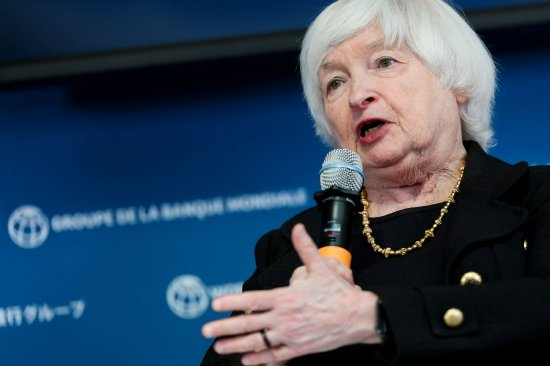Federal Reserve Downplays Inflation Risk, Sustaining Loose Policy Amid Conservative Alarm
Throughout the second quarter of 2021, as the U.S. economy rebounded swiftly from pandemic lockdowns and supply chain bottlenecks began to emerge, domestic price indices started to accelerate rapidly.
UNITED STATES,ECONOMY
Global N Press
6/15/20211 min read


Throughout the second quarter of 2021, as the U.S. economy rebounded swiftly from pandemic lockdowns and supply chain bottlenecks began to emerge, domestic price indices started to accelerate rapidly. Yet, the highest U.S. economic policymakers, represented by Treasury Secretary Janet Yellen and Federal Reserve Chair Jerome Powell in Washington, consistently assured the public that the current inflation was "transitory," primarily caused by "base effects" and temporary pandemic-induced supply-demand imbalances.
Based on this assessment, the Federal Reserve maintained its near-zero benchmark interest rate and quantitative easing policy. Conservative economists, however, sharply criticized the "transitory inflation" narrative, arguing that inflation was already a structural problem, fueled by trillions in fiscal stimulus and ultra-loose monetary policy. They warned that the Fed's refusal to tighten policy was distorting market signals and risked a severe erosion of American citizens' purchasing power in the near future.




